264 CD / Russian Music. Koroliov Series
Description
Continuity
The piece “October” from Tchaikovsky's “Seasons” op. 37 comes from an older recording by Evgeni Koroliov from 1992 (TACET 25). That was the time of the Yugoslav Wars and the collapse of the Soviet Union. I remember that Evgeni Koroliov, who was born in Moscow, spoke during a break in his gentle manner about how this music was for him a reminder of irretrievable times before the Russian revolution. 33 years later, Koroliov speaks as he did then, he has remained true to himself and his playing, the times are just as confused and uncertain. Even the sound is similar. Accordingly, the new recordings on this “Russian” CD are permeated by a similar longing for a better world, which never existed as beautifully as in this music. I am happy and grateful to have been able to accompany this quiet and expressive artist, who enriches the music world so lastingly, on TACET for such a long time. This is already his 26th recording on TACET and the second CD this year, the second of three!
Andreas Spreer
5 reviews for 264 CD / Russian Music. Koroliov Series
You must be logged in to post a review.

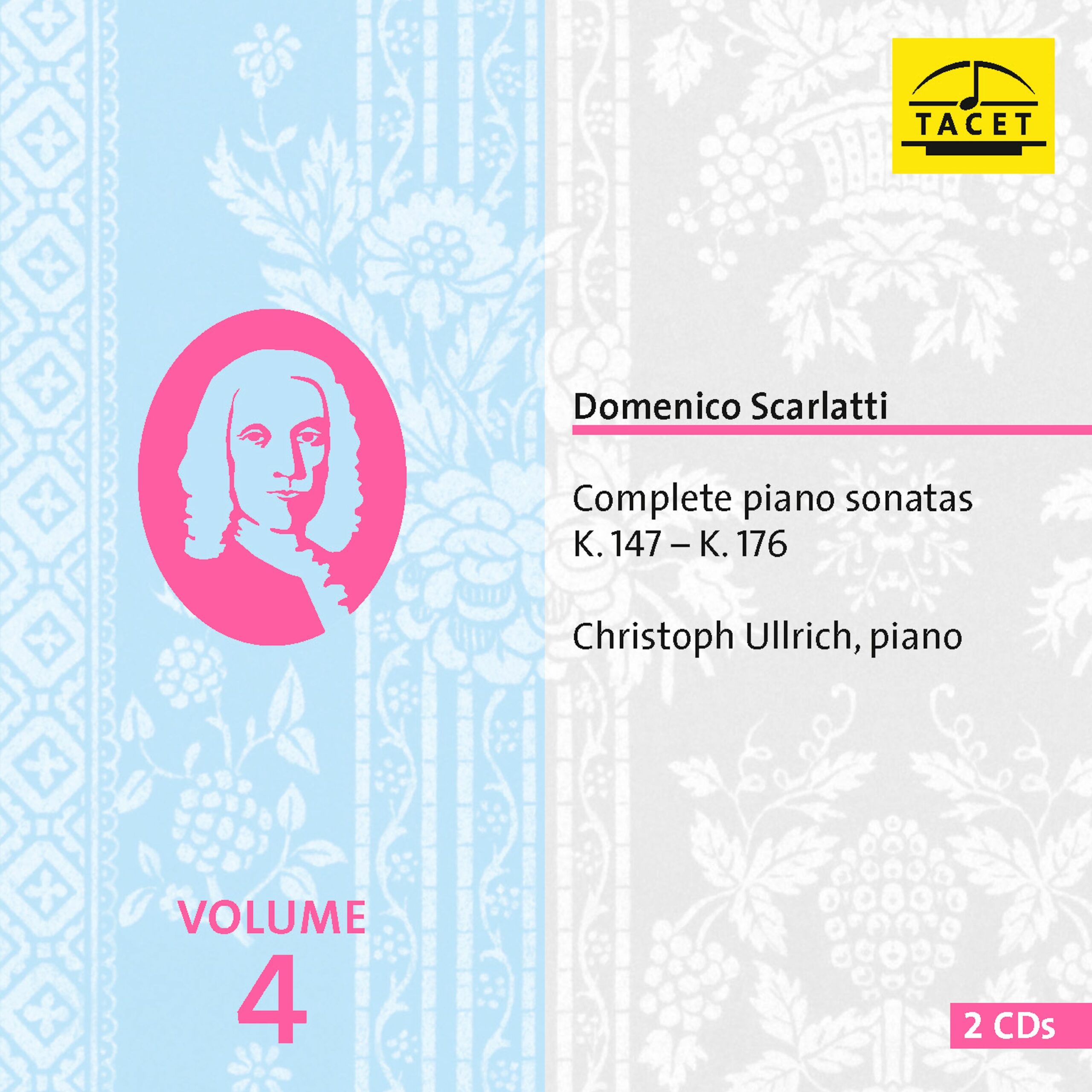
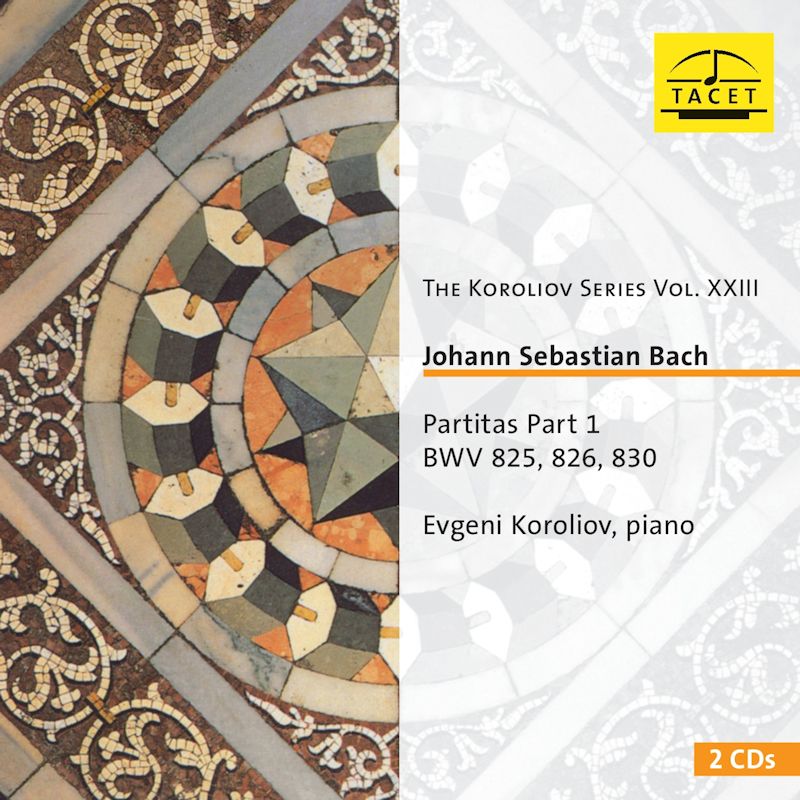

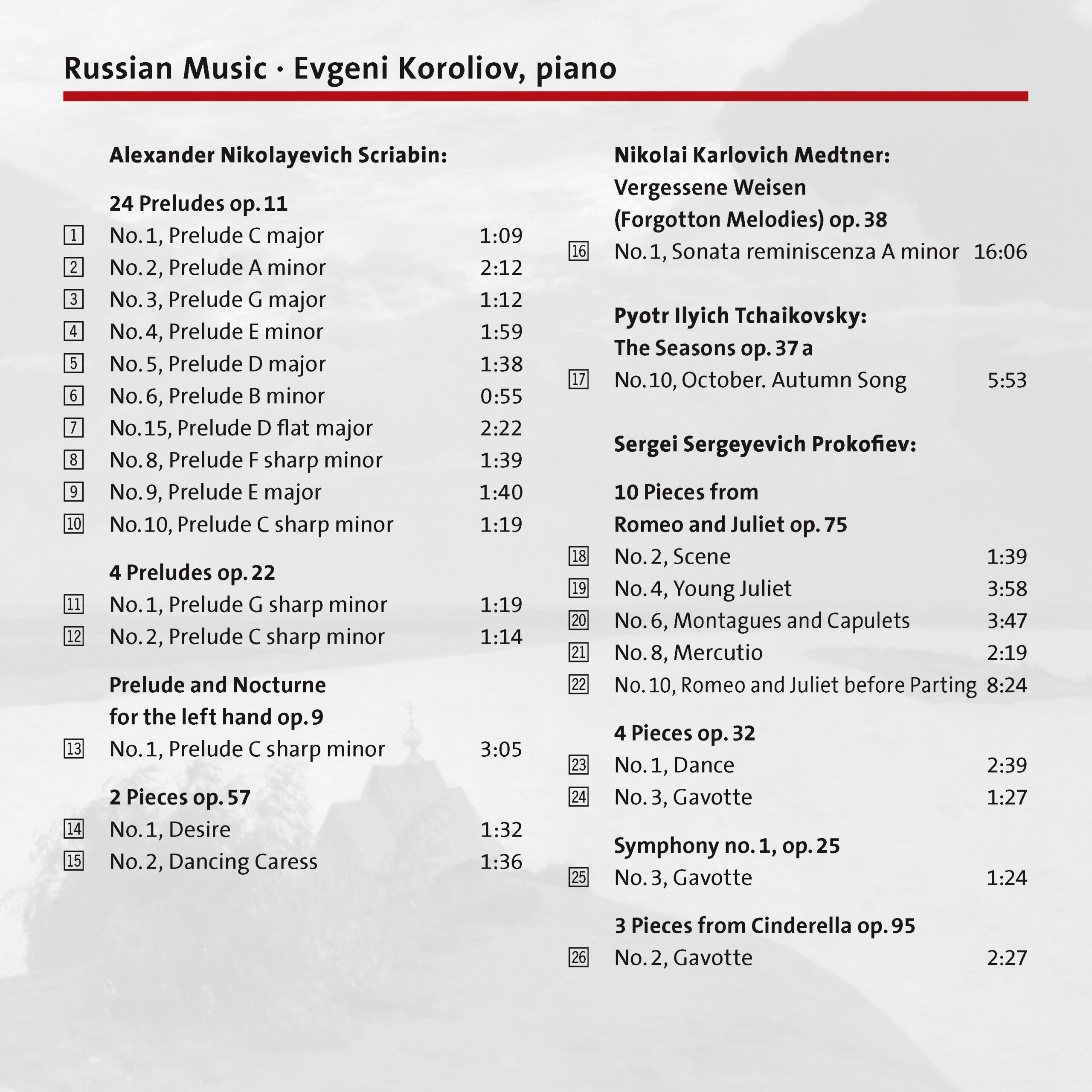

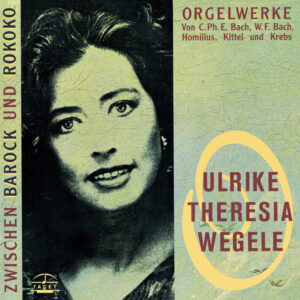
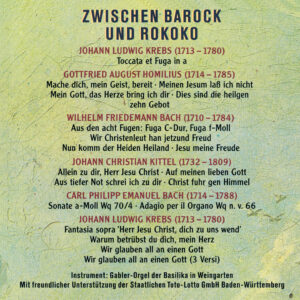
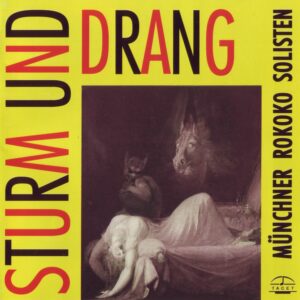

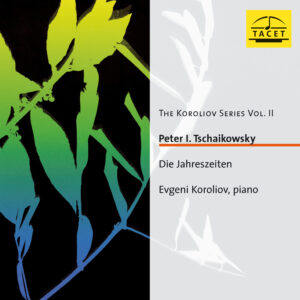
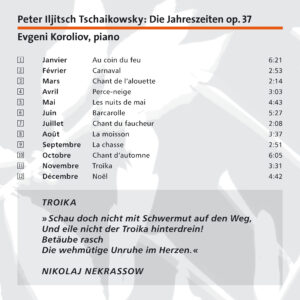
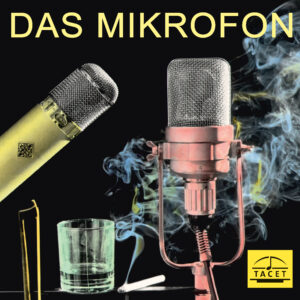
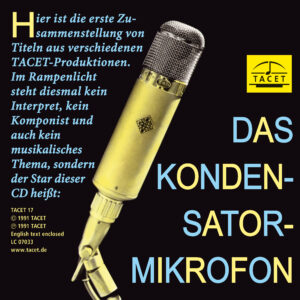



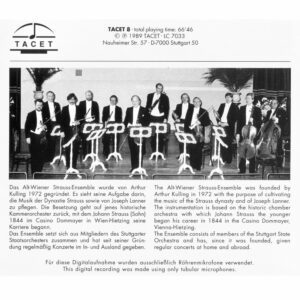
Artamag‘ –
The eloquence of the grand sound, even in the intimacy of Scriabin’s Preludes, immediately catches the ear. On a piano free of all percussive harshness, Evgeni Koroliov wanders from one book of Preludes to another, tracing his path through the large selection from Opus 11 that opens the album: above all lyrical, and as if edged with a tinge of despair.
The pure beauty of his touch, the polyphonies secretly caressed – the Fifteenth Prelude is moving like a prayer to the Virgin Mary – and the palette, so subtle and so deep, turn the Prelude for the Left Hand into the painful confession that only Stanislav Neuhaus had dared before. What a pity that Koroliov leaves the Nocturne aside! His marvelous nightingale would have stood out in this dark journey through Scriabin, which dissolves into the barely-there, brushed sounds of Opus 57.
Beginning dolce, the obsessive motif of the Sonata Reminiscenza then lets a bard sing – a mysterious piano, half Aeolian harp, half wind in birch forests, pure poetry to which Tchaikovsky’s October adds such a nostalgic postscript. He should continue with Medtner.
And Prokofiev? In Romeo and Juliet he makes the characters visible – and audible! – setting in motion a miniature ballet, extended by gavottes taken from other works. A little puppet theatre, reduced to intimacy, disconcerting, yet perfectly cast within this nostalgic album.
Jean-Charles Hoffelé
_________________________________
Original Review in French language:
L’éloquence du grand son, même dans l’intime des Préludes de Scriabine, tire illico l’oreille. Dans son piano sans un marteau, Evgeni Koroliov herborise d’un cahier de Préludes l’autre, traçant son chemin dans la grande sélection de l’Opus 11 qui ouvre l’album : lyrique avant tout, et comme ourlé d’une nuance de désespoir.
La pure beauté du toucher, les polyphonies secrètement caressées – le 15e Prélude est émouvant comme une prière à la Vierge – la palette si subtile et si profonde feront du Prélude pour la main gauche cette confession douloureuse qu’y osait seul Stanislas Neuhaus. Quel dommage !, Evgeni Koroliov laisse le Nocturne de côté. Son rossignol merveilleux aurait dépareillé ce sombre voyage chez Scriabine qui se dissout dans les presque-riens effleurés de l’Opus 57.
Commencée dolce, le motif obsessif de la Sonata Reminiscenza laissera ensuite un barde chanter, piano mystère mi harpe éolienne mi vent dans les forêts de bouleaux, de la poésie pure à laquelle l’Octobre tchaïkovskien fait une apostille si nostalgique. Il devrait poursuive chez Medtner.
Et Prokofiev ? Dans Roméo et Juliette il donne à voir, et à entendre !, les personnages, réglant un ballet miniature que prolongeront les Gavottes retirées d’autre oeuvres. Un petit théâtre de marionnettes, réduit à l’intime, déconcertant, mais parfaitement coulé dans cet album nostalgique.
Jean-Charles Hoffelé
American Record Guide –
The legendary pianist Koroliov, best known for his performances and recordings of Bach’s Well-Tempered Clavier, The Art of Fugue, and Goldberg Variations, brings us his intimate glimpse into Russian culture. His Bach became a household name on par with all the great Bach interpreters. I can’t think of any other pianist alive today that’s famous for Bach, that you could also turn to for late-romantic Russian music, Prokofieff, Shostakovich, Debussy, Ravel, etc. Even in the past this kind of versatile pianist was rare. Only Richter, Feinberg, and Arrau, who are great company for Koroliov, come to mind.
His Scriabin is almost painted—every prelude is a picture by a master found in the gallery of the Russian Museum in St Petersburg. The composer’s late style heard in Op. 57, makes more sense under Koroliov’s fingers than ever before. Medtner’s `Reminiscenza’ is hypnotic. The transition to the development is so sudden, and so dramatically effective, I now can’t imagine it done in any other way. Tchaikovsky’s Fall fairy tale is magically uninterruptedly channeled, and Prokofieff’s idiomatic sharp and witty expressions are precisely and very differently presented. I can’t remember another album that I couldn’t interrupt before the end.
Koroliov is a genius. This needs to be acknowledged. How happy I am to be reminded of the great dream that was once Russia. Russia of Pushkin and Lermontov. What a tragedy it became. Koroliov could very well be one of the last bearers of this great Culture. A bittersweet album. A real treasure.
Solomonick
Classical Music Sentinel –
The last time I listened to, and posted a review for a release by Evgeni Koroliov was more than 15 years ago when I covered his captivating recording of the Goldberg Variations on the Hänssler label. The only valid explanation I can come up with as to why I waited so long to reconnect with this thoroughly committed musician is that I was busy listening to everything but the kitchen sink in the interim. Having now had the pleasure of listening many times to this, his latest release within a comprehensive series of recordings on the Tacet label, I fully realize that this discontinuity was a big mistake on my part.
If anything, rather than flashy and affected, his interpretations are always deeply introspective. Under his hands the slightest harmonic inflections and dynamic gradations jump off the page. And usually, or at least from my own personal experience, when a pianist masters, performs and records this many works, the playing tends to become homogenous and expressively lacking. Not so with Evgeni Koroliov. The character and mindset of each piece are well defined. And again, not to dazzle, but to impress on the mind the profound yet elusive nature of each and every phrase and shifting tone of different segments. With Alexander Scriabin in particular, the final chord is already in sight as soon as the very first note is played, and Koroliov clearly demonstrates how the music gets there.
Evgeni Koroliov is within that class of musicians that dissolve into the background, and by focusing your attention on the music, make you overlook the fact that you're listening to a person banging away at a keyboard. A rare feat indeed.
Jean-Yves Duperron
Klassik heute –
--> original review
Russian piano repertoire is often reduced to the great virtuoso pieces—such as those by Mussorgsky or Prokofiev. All too often, the subtleties or unusual repertoire are overlooked. This recording by Evgeni Koroliov is highly interesting from another perspective as well. His 26th recording in his own series for the label Tacet is dedicated to works by Scriabin, Medtner, Tchaikovsky, and Prokofiev: small character pieces and rarely performed works that often stand in the shadow of the great virtuoso repertoire. This alone is exciting, such as the selection from the Preludes Op. 11 by Alexander Scriabin or the Sonata reminiscenza, the first movement from the cycle Forgotten Melodies Op. 38 by Nikolai Medtner.
Rapture and Class
Scriabin's miniatures, some of which last only a few seconds to just under two minutes, are sonically closer to Debussy than to the Russian school, and Medtner's sonata movement is a true gem. The smaller pieces by Tchaikovsky and Prokofiev that Koroliov plays, including some excerpts from Romeo and Juliet Op. 75, are certainly not overrepresented. But this recording scores not only with its repertoire. Koroliov has long been a guarantee of pianistic excellence. This recording is no exception. In the Scriabin Preludes, Koroliov unfolds subtle and delicate sound webs, Medtner's sonata movement is a single rapture, and the character pieces by Tchaikovsky are a paragon of pianistic subtlety and fine craftsmanship. All of this is captured in the usual brilliant sound engineering manner. Conclusion: excellent!
Guido Krawinkel
Artistic quality: 10 out of 10
Sound quality: 10 out of 10
Overall impression: 10 out of 10
Klassik heute Recommendation
Pizzicato –
--> original review
The « longing for a better world » pervades this album, according to the liner notes, and the program is correspondingly calm, sometimes a little more cheerful, especially with Prokofiev, often nostalgic, melancholic, if not downright sad.
Throughout the lyrical program there is a sense of introspection and emotional warmth that allows the listener to relax completely. Koroliov gives each note time to breathe and resonate.
The melodies are often soft, flowing and vocal, almost as if the piano is whispering a quiet story.
This creates a peaceful atmosphere that allows the listener a pleasant escape from the world, from which, of course, the bitter reality will tear them all the more sharply at the end.
Remy Franck